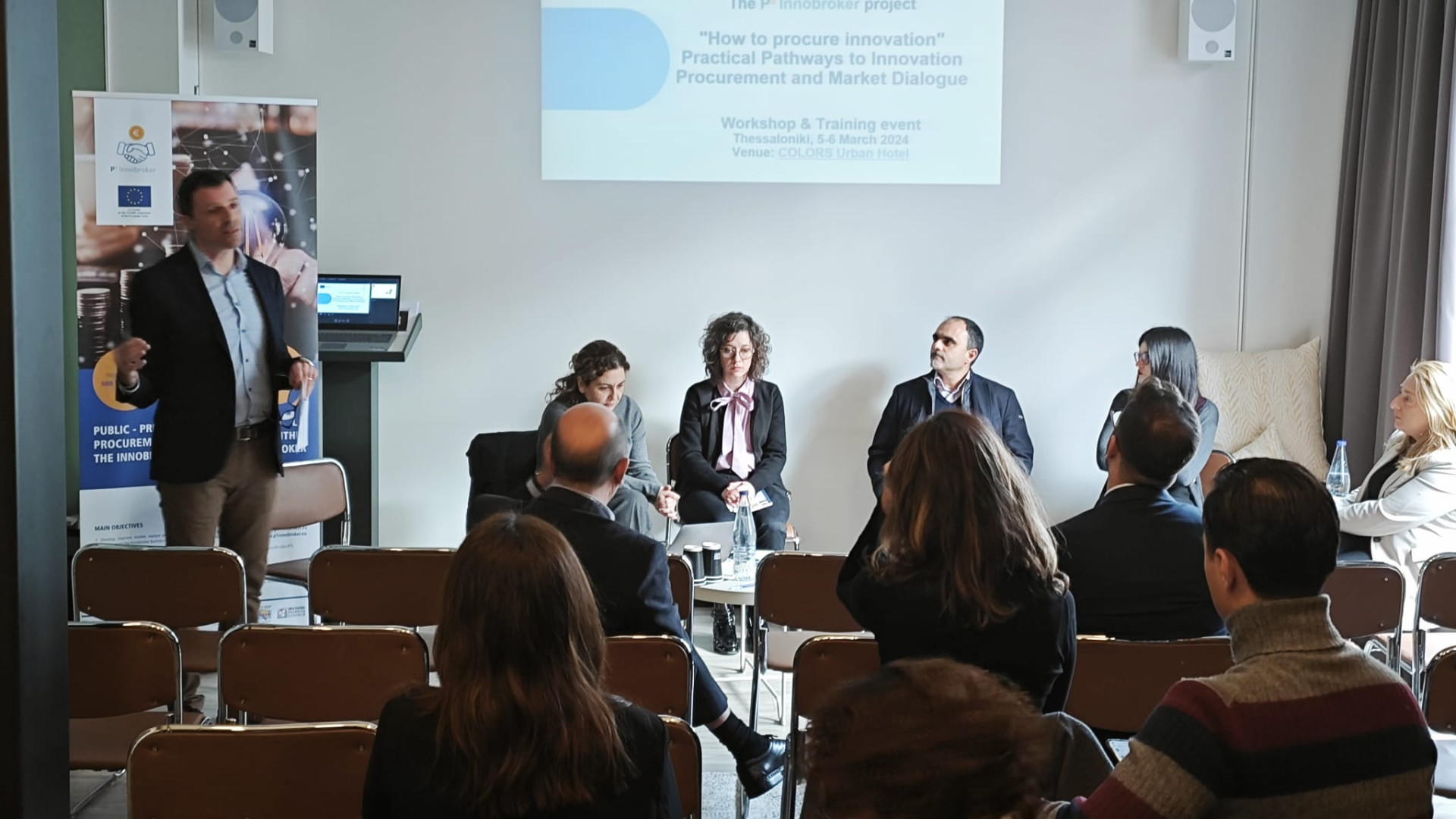Innovation Procurement Case The focus is on the innovative valorisation of Spent Coffee Grounds (SCGs), a significant waste stream from the HORECA sector (hotels, restaurants, and cafes), aimed at transforming these into high-value bioproducts.

Despite the lack of a robust market for SCG utilization, DIADYMA SA is keen to lead a sustainable and economically viable solution through Research and Development (R&D) services. This initiative supports the regional strategy for economic enhancement and environmental sustainability by converting waste into valuable products.
Need Identification
The current disposal practices of SCGs are recognized as insufficient and environmentally unsustainable. Driven by circular economy principles, which emphasize waste reduction, resource efficiency, and sustainable product creation, there's a clear need for innovation in SCG collection, pre-treatment and valorisation. The solution must consider the regional context, addressing limited SCG availability and logistical challenges in collection and processing.
Public Buyer Profile
DIADYMA SA, the Waste Management Agency of the Western Macedonia Region in Greece, plays a pivotal role in the environmental sustainability and waste management sector. Established in 1998, DIADYMA SA is a testament to one of Greece's largest intermunicipal collaborations, involving the participation of Municipalities and Communities within the Region of Western Macedonia.
The core objective of DIADYMA SA is the design, implementation, and operation of the Integrated Waste Management System (IWMS) for Western Macedonia. This system aims to employ sustainable management methods to achieve the directives of both National and European legislation while minimizing the cost to citizens. Such a comprehensive waste management strategy underlines DIADYMA SA's commitment to environmental stewardship and the promotion of a circular economy.
Engaging the Market
The Centre for Research & Technology Hellas (CERTH) in collaboration with DIADYMA SA and with the support of P5 INNOBROKER, issued a request for information to evaluate market capabilities in SCG valorization from the HORECA sector. The inquiry sought comprehensive insights into current market offerings, state-of-the-art in SCG valorization, ongoing developments and challenges faced by users. The consultation process provided promising findings, indicating a satisfactory level of engagement, with SMEs accounting for 25% of the responses, and a strong willingness to collaborate.
Open Market Consultation (OMC)
The Open Market Consultation (OMC) played a critical role in the innovation procurement process by facilitating an open dialogue between the public sector and potential solution providers. It involved a series of steps, from initial market scanning to a series of six one-on-one meetings with individual solution providers from the agro-food, energy and cosmetics sector, which significantly influenced the procurement strategy for valorizing spent coffee grounds. This consultation process assessed current market capabilities and identified the necessary R&D efforts to fulfill procurement objectives.
Workshop and Training Event
A significant event in Thessaloniki covered extensive training on "How to Procure Innovation: Practical Pathways to Innovation Procurement and Market Dialogue." It brought together stakeholders including project managers, policymakers, and researchers to delve into the specificities of procuring innovative goods and services within the public sector. The event highlighted the importance of innovation in public procurement to achieve improved services and optimized costs, which are crucial for societal challenges and future market developments. Key outcomes included:
- Enhanced understanding of innovation procurement mechanisms and benefits, distinguishing between Pre-Commercial Procurement (PCP) and Public Procurement of Innovation (PPI).
- Successful Open Market Consultation demonstrated effective engagement strategies and identified specific innovation needs within public authorities, particularly in environmental sustainability and energy efficiency.
- Promotion of SMEs and start-ups in innovation procurement processes, emphasizing the need for accessible and inclusive procurement processes.
- Engaging market proposals for SCG valorization showcased innovative recovery methods for bioactive compounds potentially used in food and cosmetics, illustrating waste transformation into valuable products.
- Strong commitment to exploring and implementing innovation procurement, with feedback highlighting the need for ongoing support, training, and guidance to overcome barriers and capitalize on opportunities in innovation procurement.
